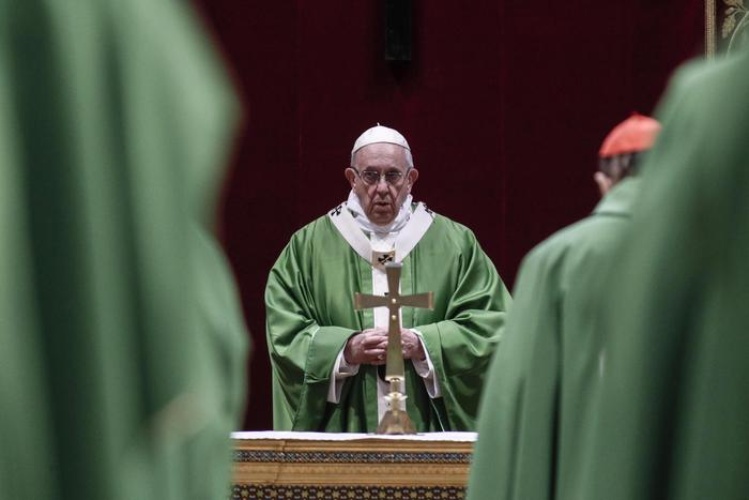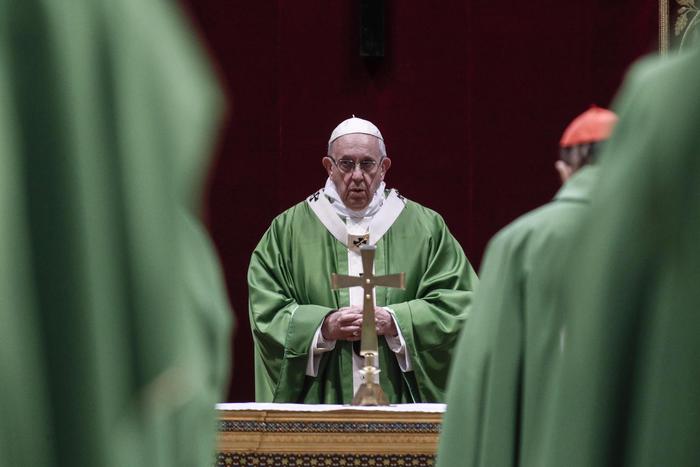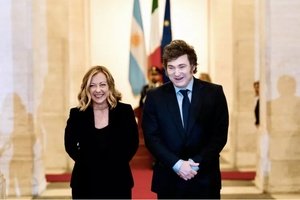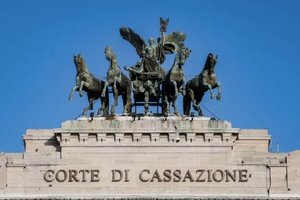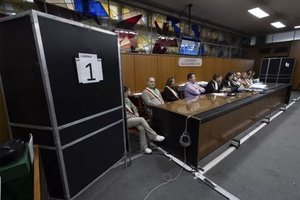Over four days, 114 senior bishops listened to speeches about the “outrage of the people” and heard the horror stories of victims.
On the first day of the summit, Pope Francis called for “concrete measures” to tackle clerical sexual abuse and paedophilia.
“If in the Church there should emerge even a single case of abuse – which already in itself represents an atrocity – that case will be faced with the utmost seriousness,” he said.
On the final day, the pontiff compared the sexual abuse of children to human sacrifice.
“Our work has made us realise once again that the gravity of the scourge of the sexual abuse of minors is, and historically has been, a widespread phenomenon in all cultures and societies,” he said.
“I am reminded of the cruel religious practice, once widespread in certain cultures, of sacrificing human beings – frequently children – in pagan rites.”
Francis added that those who abuse children are “tools of Satan”.
“No explanations suffice for these abuses involving children,” he said.
“The echo of the silent cry of the little ones who, instead of finding in them fathers and spiritual guides encountered tormentors, will shake hearts dulled by hypocrisy and by power.
“It is our duty to pay close heed to this silent, choked cry.”
During the summit, German Cardinal Reinhard Marx declared that “files that could have documented the terrible deeds and named those responsible were destroyed, or not even created”, sparking widespread outrage.
Marx, who had previously apologised to German clerical abuse victims, insisted there were “no alternatives to transparency”, adding that attempts to cover up cases of sexual abuse seriously damage the Catholic Church’s credibility.
American Cardinal Blase Cupich said the introduction of new legal procedures was required to deal with those either accused of abuse or of protecting alleged perpetrators, and argued that lay experts should be involved in the process.
Meanwhile, cardinals agreed that documents related to sexual abuse cases should be released publicly, to reduce mistrust within the Church.
With the summit now over, many involved confirmed they will remain in Rome to discuss some of the ideas raised over the four days.
Maltese Archbishop Charles Scicluna noted that Pope Francis on Thursday handed out “21 reflection points” – actions senior members of the Church can potentially take against abuse in their respective countries.
After a group discussion session, some bishops responded with 21 ideas of their own.
“We need to bring all of this together when we’re discussing follow-up,” Scicluna said.

